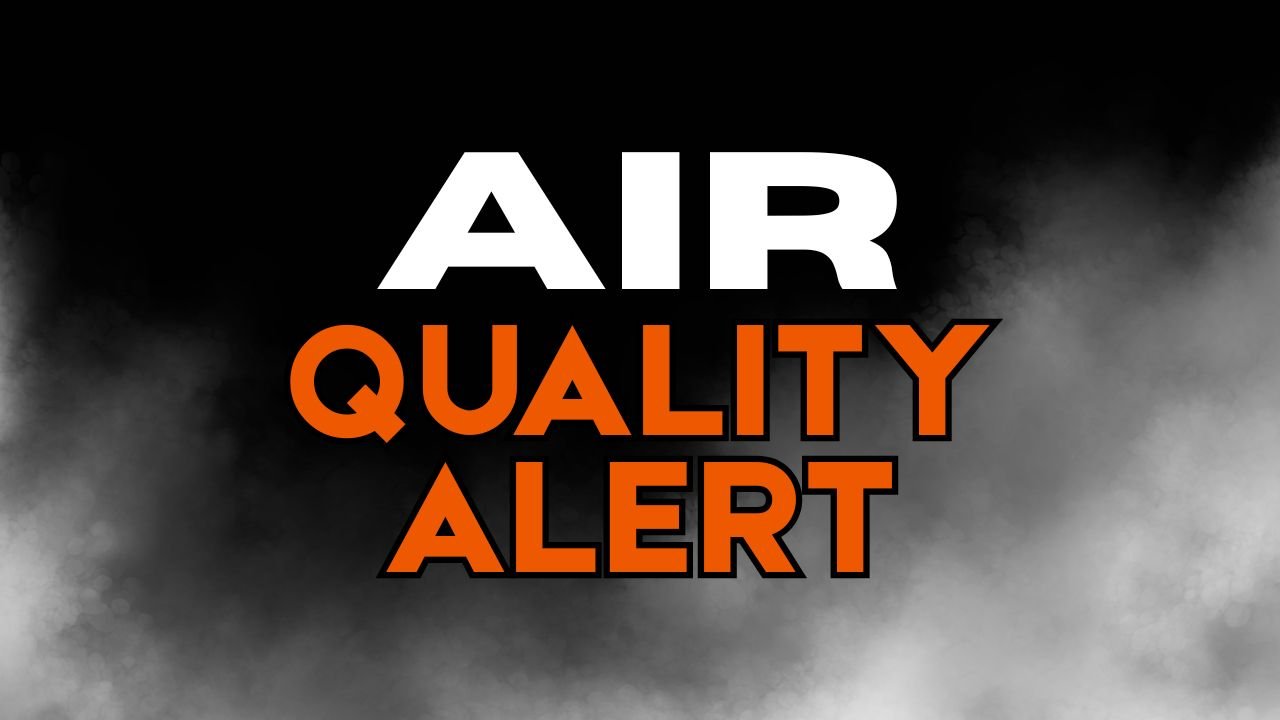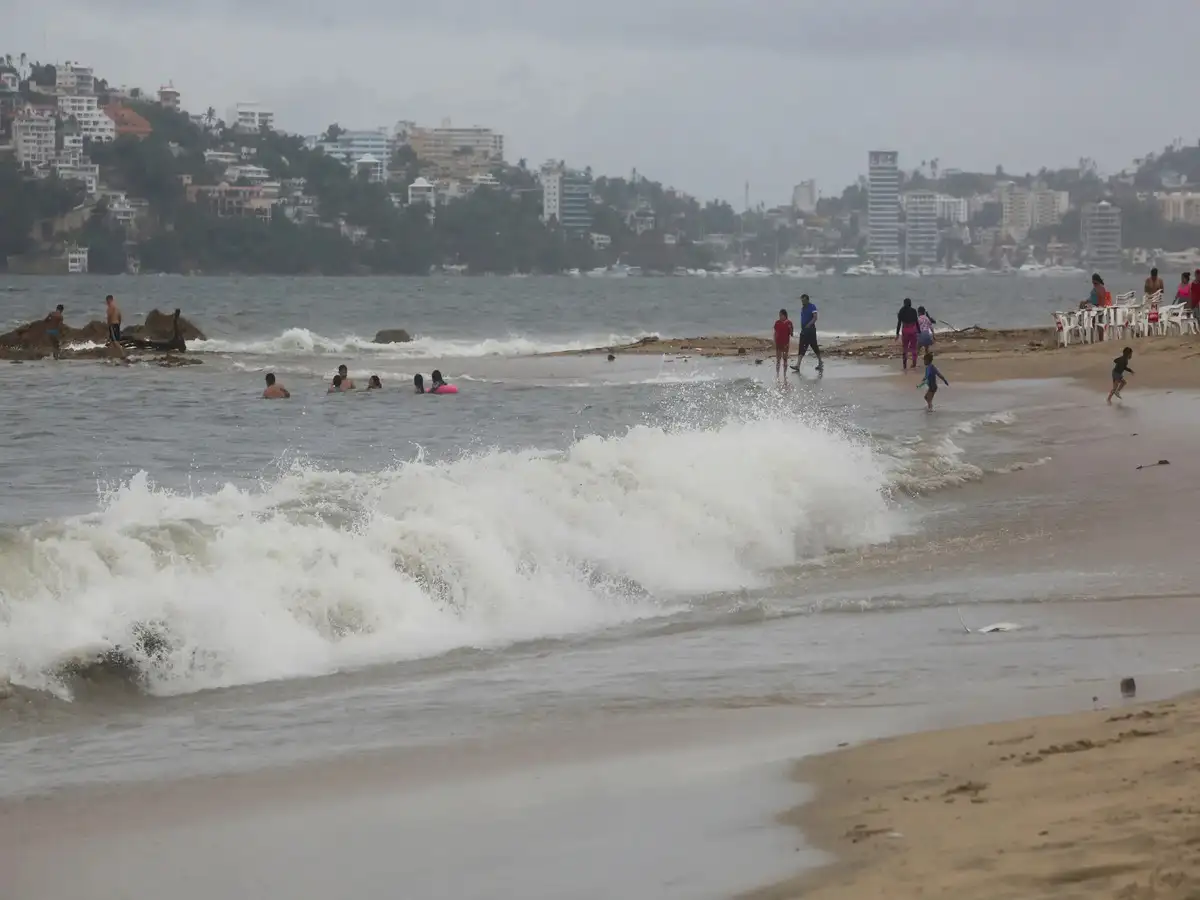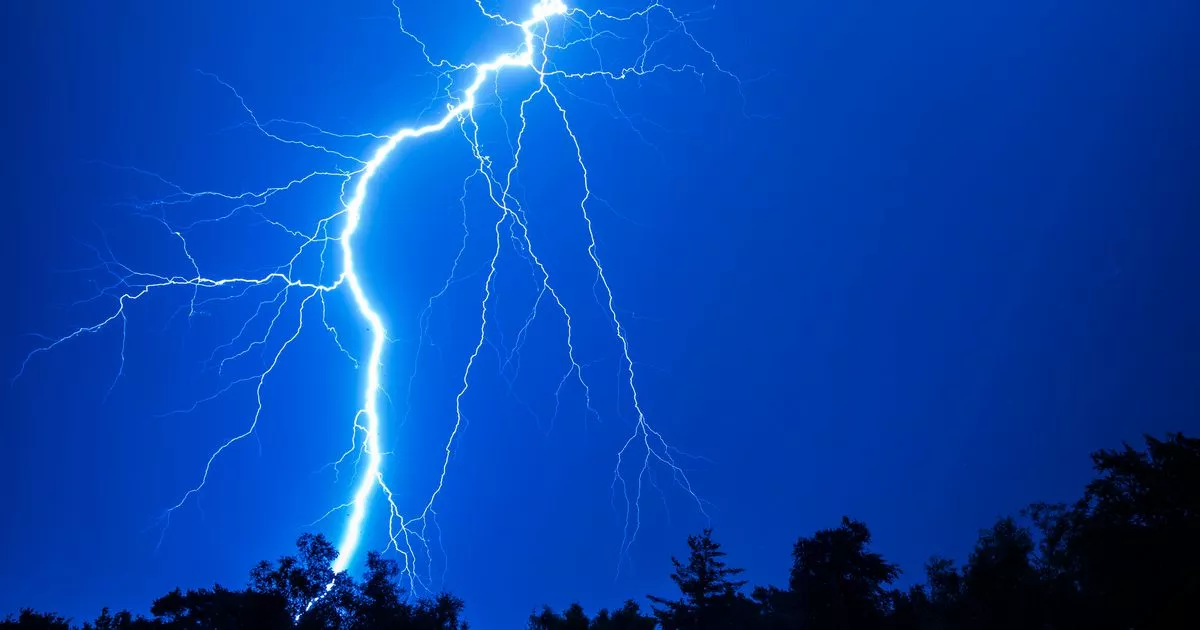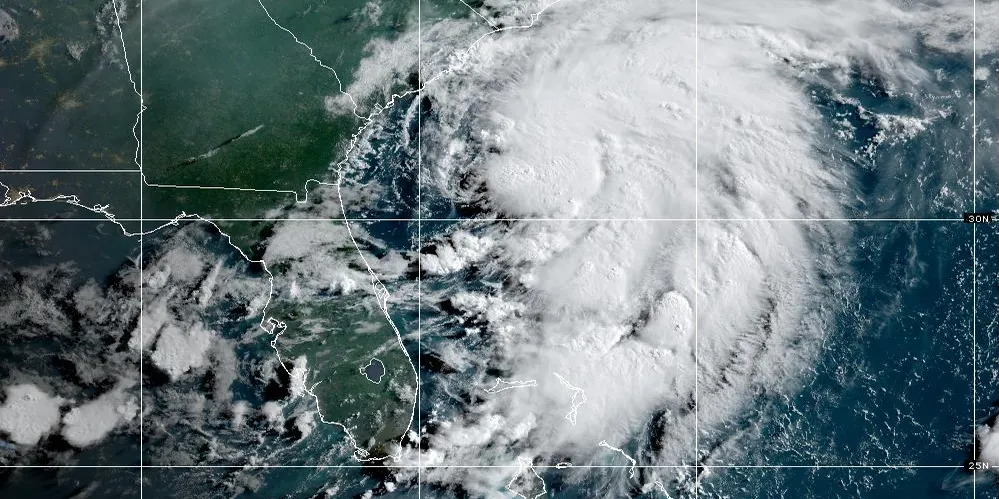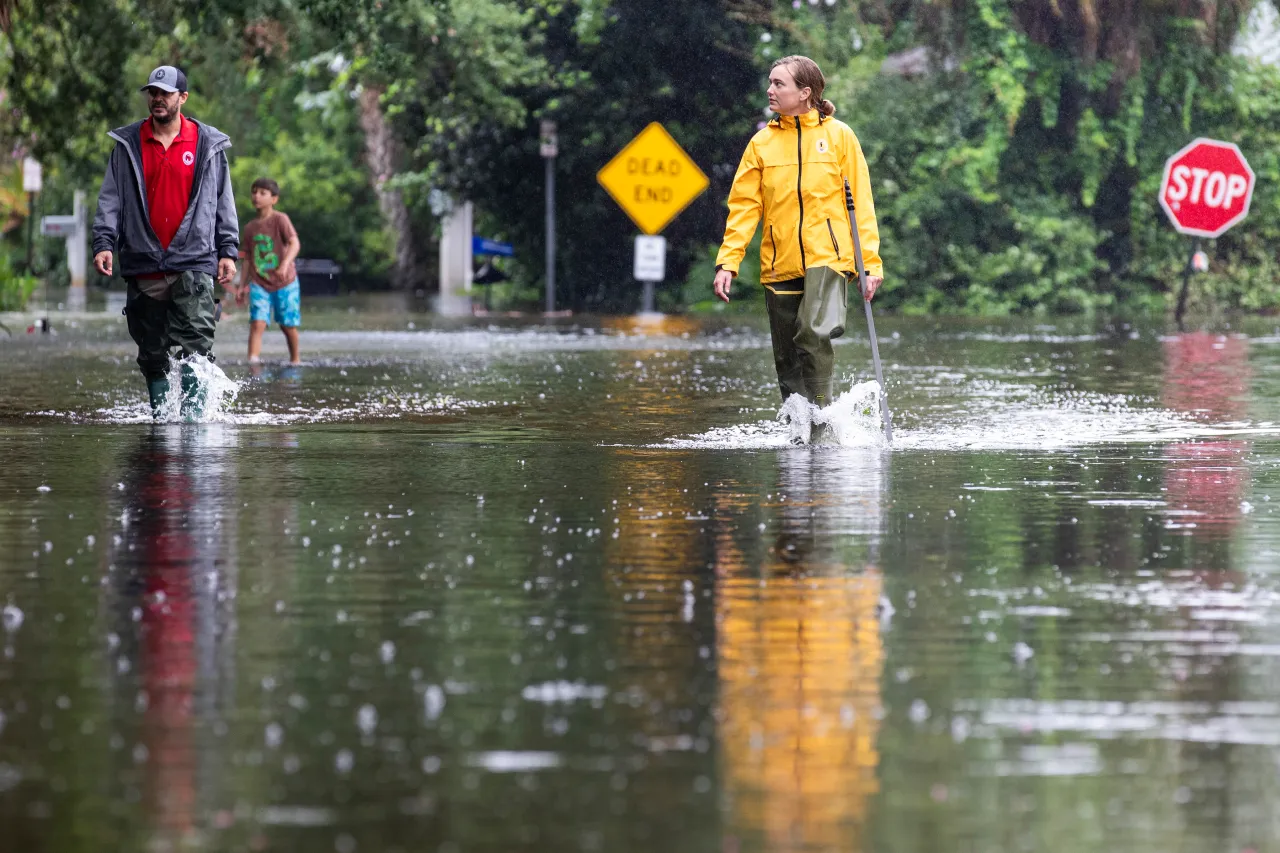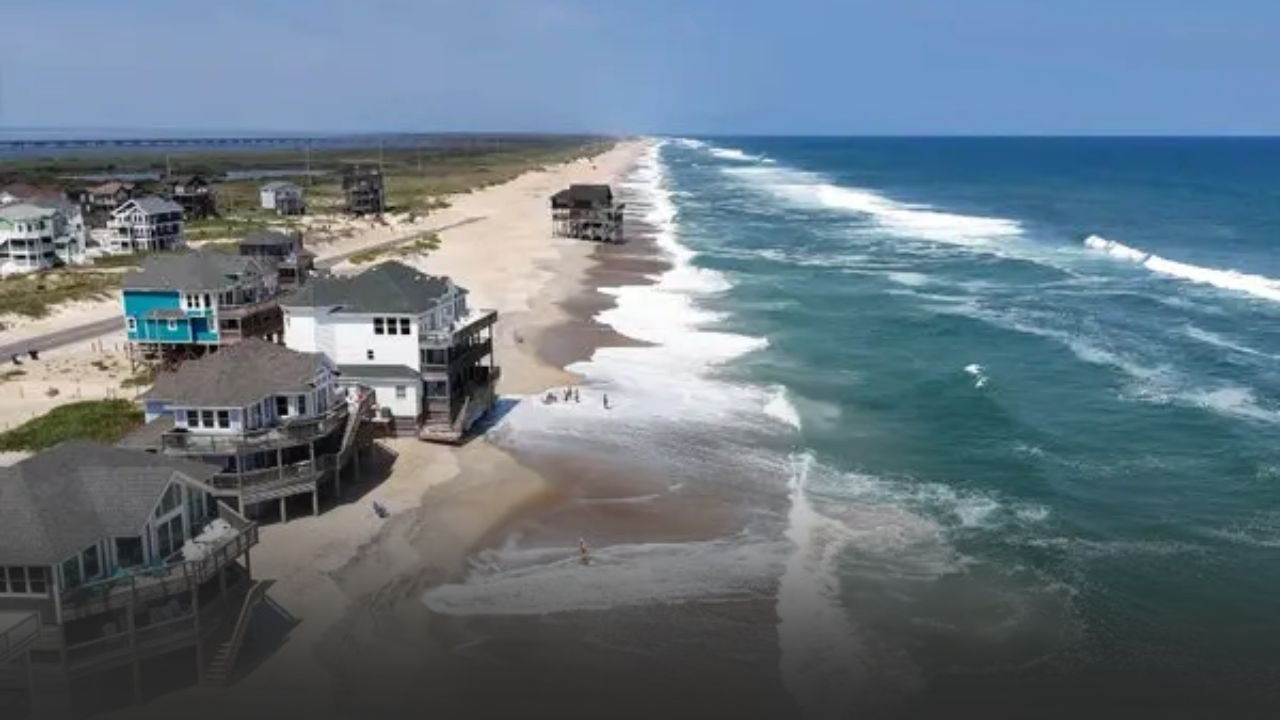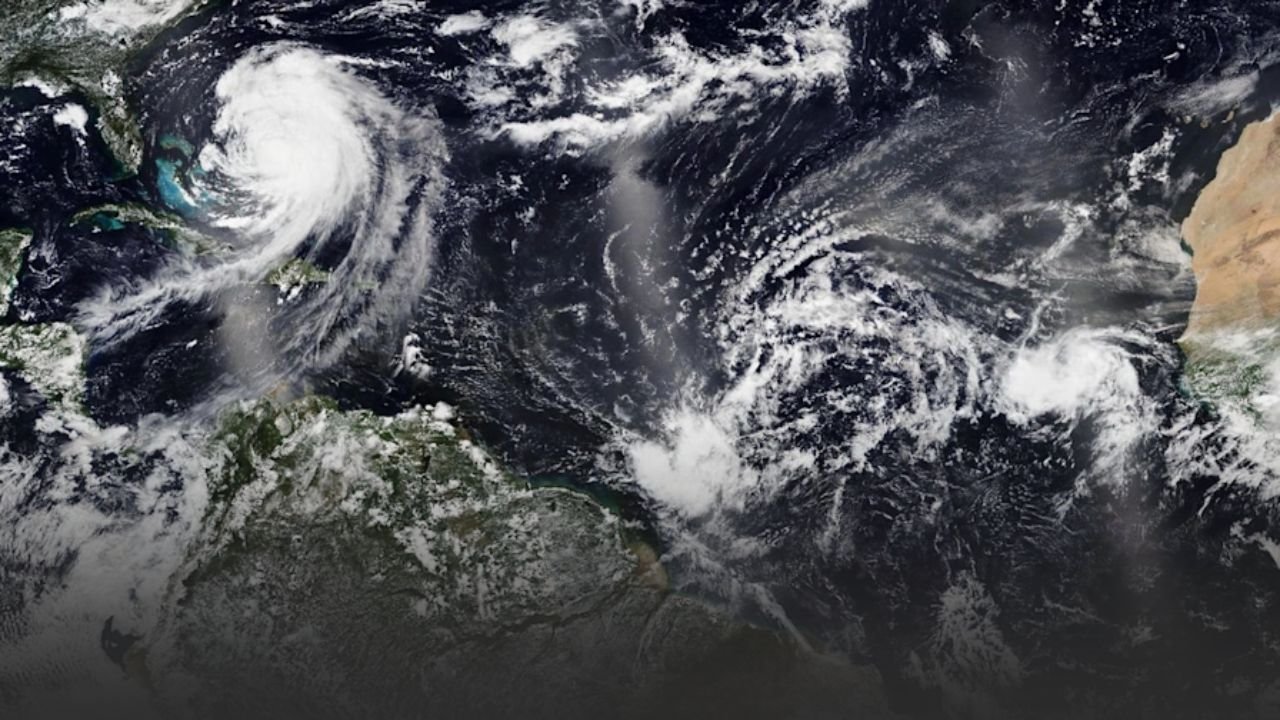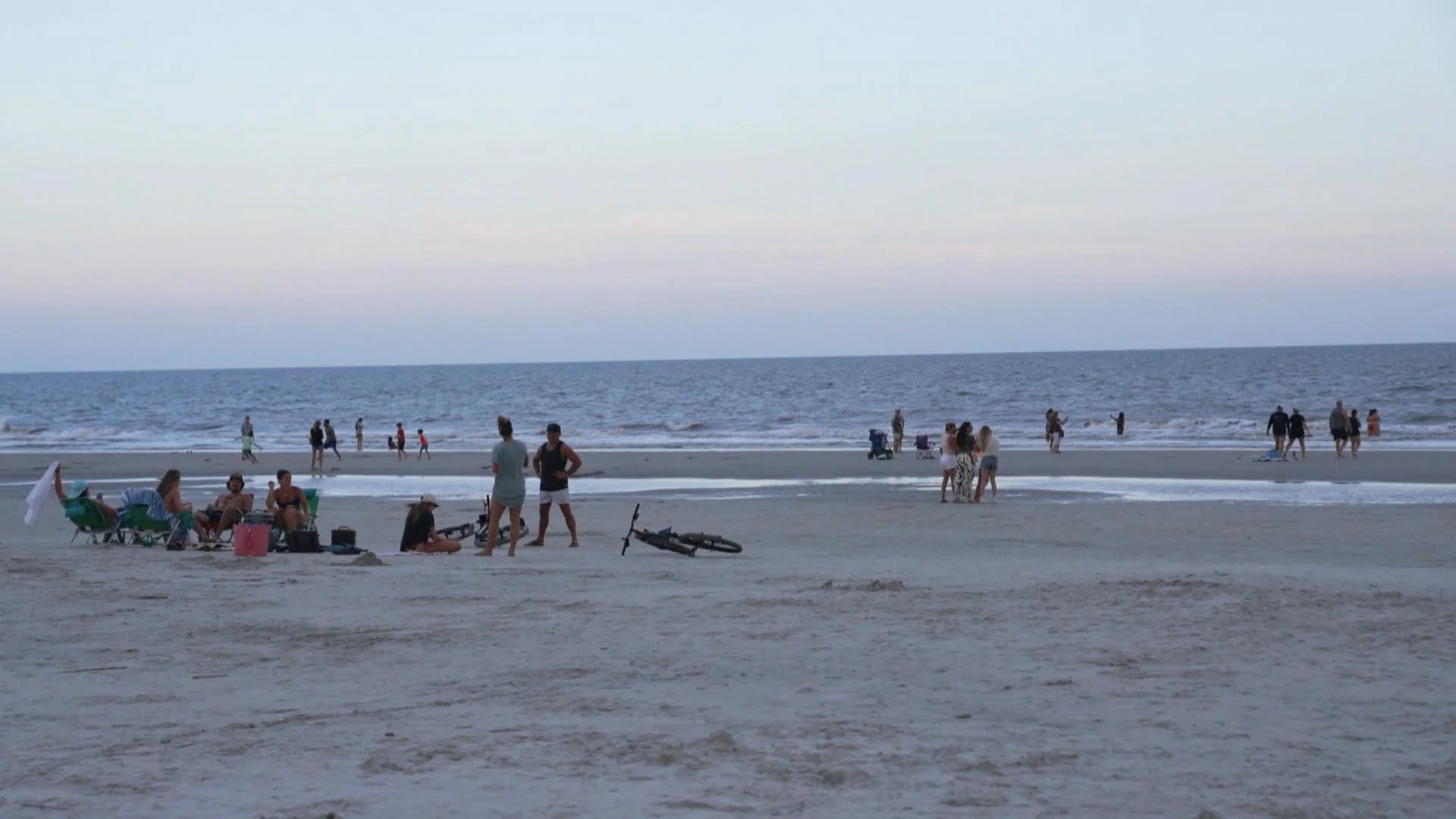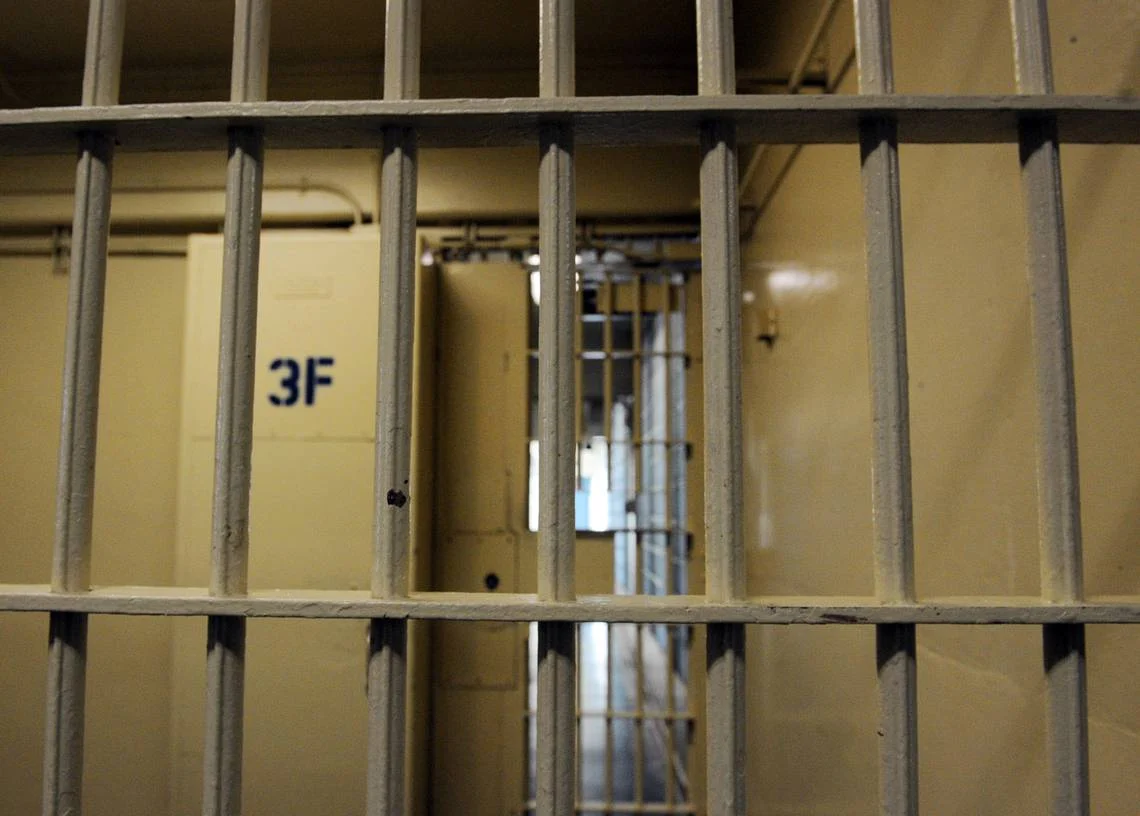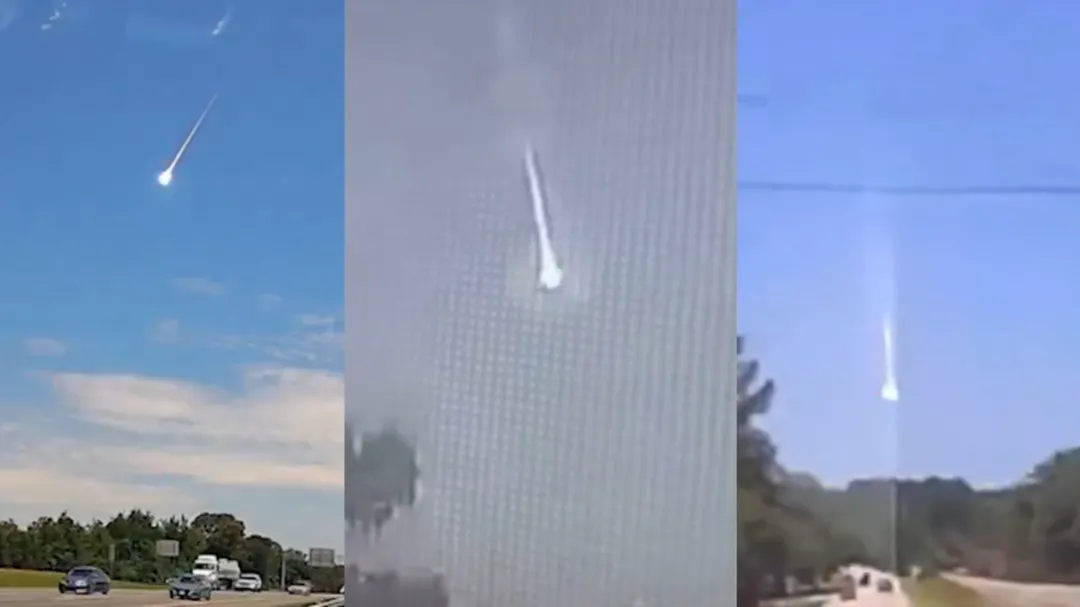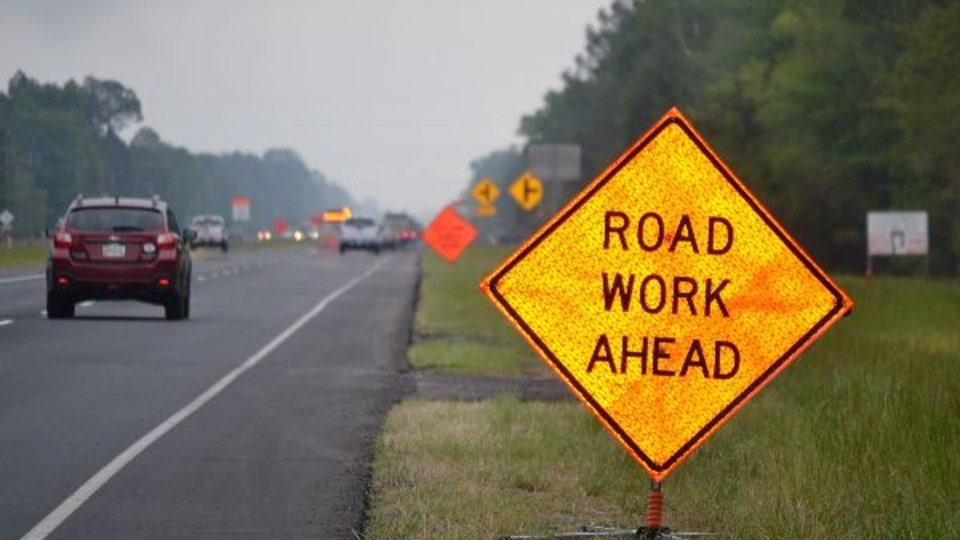DENVER
— The Colorado Department of Public Health and Environment has issued an
Ozone Action Day Alert
for Denver, Boulder, Fort Collins, and several surrounding counties as
air quality levels deteriorate across the Front Range
.
The alert began at
4 p.m. on Wednesday
and will remain in effect until
4 p.m. Thursday
, urging residents — particularly children, older adults, and those with asthma or other respiratory conditions — to take
precautions
due to rising ground-level ozone pollution.
Counties Under Alert
According to the
Colorado Department of Public Health and Environment
, the advisory affects a wide area, including:
-
Denver
-
Boulder
-
Fort Collins
-
Larimer County
-
Weld County
-
Broomfield
-
Arapahoe
-
Jefferson
-
Adams
-
Douglas County
These areas comprise much of the
Front Range Urban Corridor
, a densely populated region where
ozone levels are projected to spike
due to stagnant air and intense summer heat.
Why the Alert Was Issued
With
light winds and rising temperatures
, air pollutants from vehicles and industrial sources have little chance to disperse. This creates ideal conditions for the
formation of ground-level ozone
, a pollutant that can
trigger asthma, respiratory distress, and other health complications
— particularly for sensitive groups.
The alert forecasts conditions reaching the
“Unhealthy for Sensitive Groups”
threshold — the highest air pollution level recorded this summer so far in the area.
Health Recommendations for Residents
Officials recommend the following precautions:
-
Avoid prolonged outdoor exertion
, especially during the afternoon when ozone levels tend to peak. -
Postpone driving
or use public transit, particularly avoiding gas and diesel-powered vehicles where possible. -
Stay indoors if you experience
coughing, shortness of breath, or wheezing
. -
Monitor your symptoms if you belong to a
sensitive group
(children, elderly, or anyone with chronic respiratory conditions).
Ongoing State Response
The alert comes as Colorado continues to tackle
persistent summer ozone pollution
, which remains a seasonal health concern. State leaders are
developing new regulatory policies
aimed at reducing long-term ozone emissions from transportation and industry.
While ozone advisories are
common during the hotter months
, the current conditions represent one of the more serious ozone episodes this season.
Updates may be issued
if pollutant levels worsen or extend beyond Thursday afternoon.
How to Stay Informed
Residents are encouraged to check
real-time air quality data
via
colorado.gov/airquality
or local news updates.
Have you changed your plans this week because of the ozone alert? Are you or a family member affected by poor air quality?
Comment below and share your experience.
